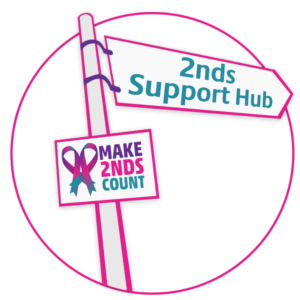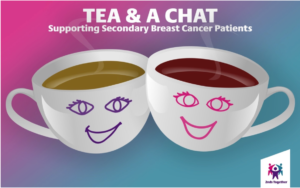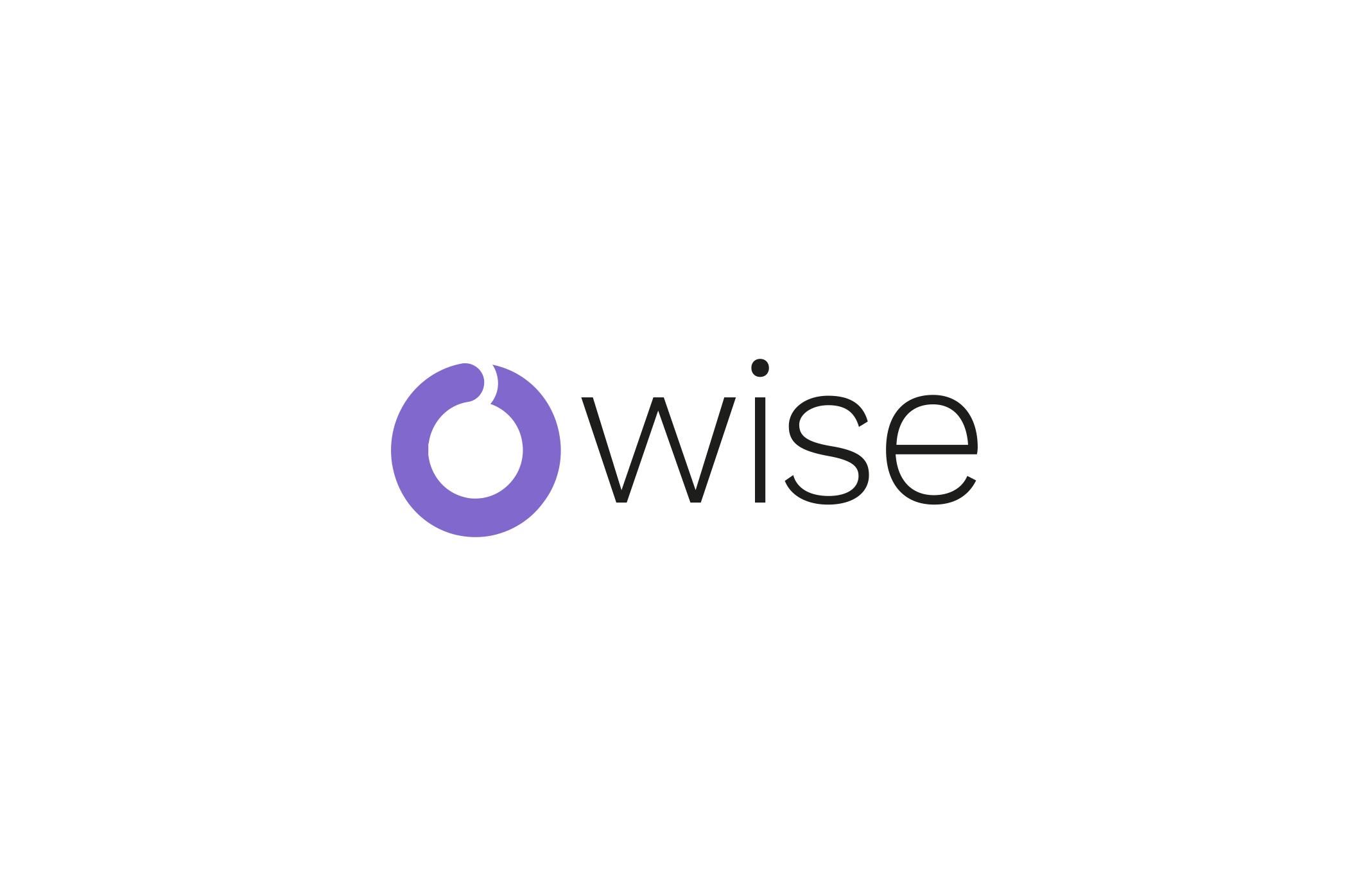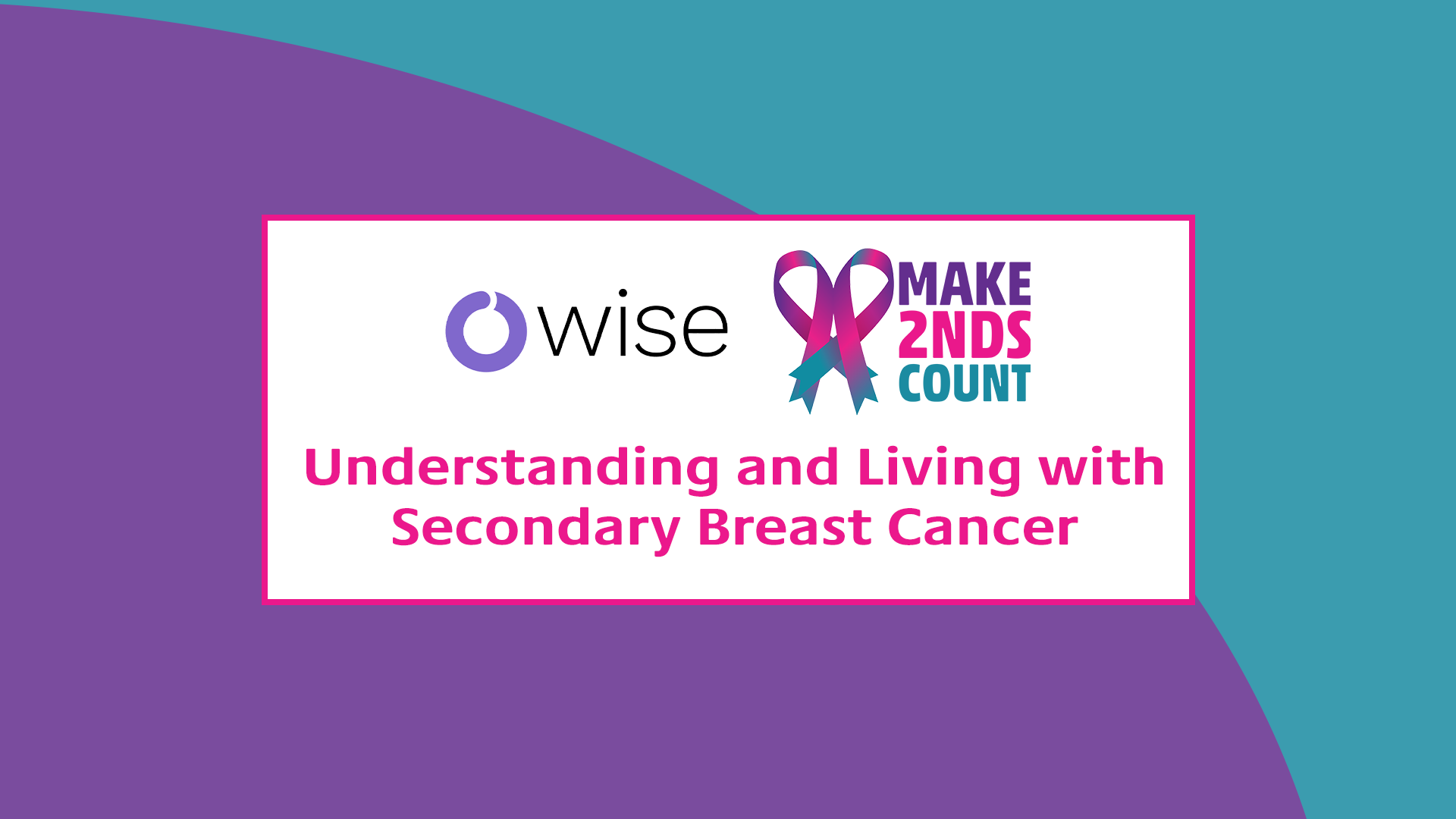We have partnered up with the charity Make 2nds Count to launch an innovative six-part blog series. Every second Thursday we will look at the different types of secondary breast cancer and treatments available. We will also be hearing from patients about their own experiences.
An introduction to Make 2nds Count by the founder
Lisa Fleming
For those living with secondary (metastatic) breast cancer there is no current cure and it’s estimated that 1,000 women and men lose their lives to the disease every month in the UK.
It’s a complex type of breast cancer which, can be difficult to diagnose and isn’t spoken about – most people have never even heard of it. As the only form of breast cancer with no cure this shouldn’t be the case.
I was diagnosed with secondary breast cancer in 2017 and was immediately struck by the lack of awareness and funding for the disease and the reason I launched Make 2nds Count the following year.
 The charity is a patient and family-focused organization dedicated to giving hope to women and men living with secondary breast cancer. It aims to raise awareness and fund medical research that will contribute to advancing an increased quality of life for patients. We are also committed to our support programme as a vital part of what we do for patients and their families.
The charity is a patient and family-focused organization dedicated to giving hope to women and men living with secondary breast cancer. It aims to raise awareness and fund medical research that will contribute to advancing an increased quality of life for patients. We are also committed to our support programme as a vital part of what we do for patients and their families.
We’ve all had to change what we do in the pandemic. Gone were all the fundraising and support initiatives where people got together and we went virtual with everyone else. What we’ve made work is finding new ways to support patients and developing successful new partnerships and channels – from Tea & Chat and our Covid Hardship Fund to funding research at Edinburgh University.
OWise and Make 2nds Count have very similar aims – to help patients get the right information and support when they need it, from treatment to wellbeing and quality of life.
In this innovative series with OWise, we will discuss the different types of secondary breast cancer and treatment available and will hear from patients about their own experience. In this way, we can help raise awareness with patients, families and the medical community to ensure we can push for more dedicated funding and research into the disease.


